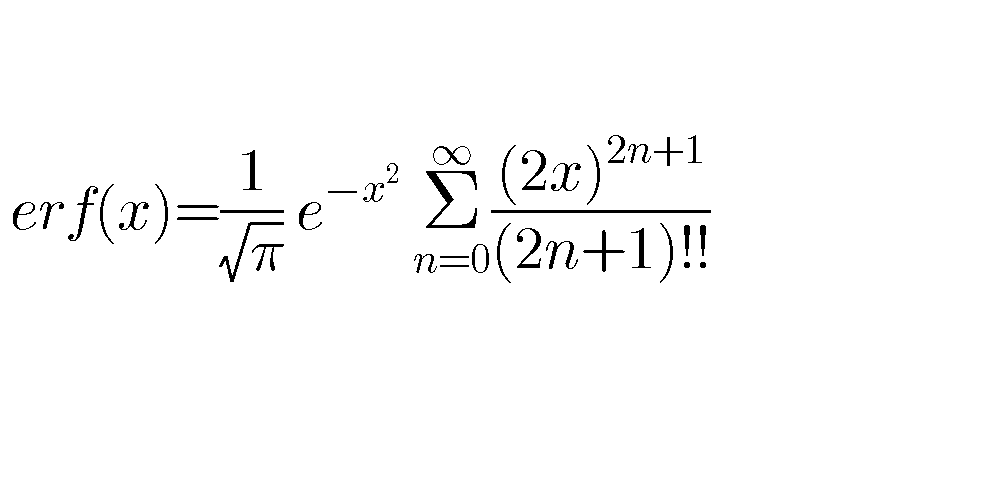
AllQuestion and Answers: Page 1434
Question Number 66680 Answers: 0 Comments: 2
Question Number 66670 Answers: 1 Comments: 1

Question Number 66667 Answers: 1 Comments: 3

Question Number 66664 Answers: 0 Comments: 0

Question Number 66656 Answers: 1 Comments: 1

Question Number 66640 Answers: 0 Comments: 6
Question Number 66629 Answers: 0 Comments: 1

Question Number 66627 Answers: 1 Comments: 4

Question Number 66621 Answers: 0 Comments: 7

Question Number 66620 Answers: 0 Comments: 3
Question Number 66619 Answers: 1 Comments: 0
Question Number 66602 Answers: 2 Comments: 3

Question Number 66601 Answers: 1 Comments: 1

Question Number 66599 Answers: 0 Comments: 2

Question Number 66589 Answers: 2 Comments: 5
$$\int\frac{{sinx}}{\mathrm{1}+{sinx}+{sin}\mathrm{2}{x}}{dx} \\ $$
Question Number 66564 Answers: 0 Comments: 0

Question Number 66561 Answers: 1 Comments: 2
$${evaluate}\: \\ $$$$\:\:\int_{\mathrm{0}} ^{\mathrm{2}} \mid\:{x}+\:\mathrm{2}\mid\:{dx}. \\ $$
Question Number 66562 Answers: 1 Comments: 1
Question Number 66550 Answers: 0 Comments: 2
Question Number 66549 Answers: 0 Comments: 0
Question Number 66548 Answers: 0 Comments: 1
$$\boldsymbol{{Evaluate}}:\int\sqrt{{x}\sqrt{{x}+\mathrm{1}}\:}{dx} \\ $$
Question Number 66546 Answers: 0 Comments: 6

Question Number 66544 Answers: 1 Comments: 0
Question Number 66543 Answers: 2 Comments: 1
Question Number 66540 Answers: 0 Comments: 0
Question Number 66536 Answers: 0 Comments: 0
$$\int{ln}^{\mathrm{10}} \left({x}\right)\:{sin}^{\mathrm{7}} \left({x}\right)\:{dx} \\ $$
Pg 1429 Pg 1430 Pg 1431 Pg 1432 Pg 1433 Pg 1434 Pg 1435 Pg 1436 Pg 1437 Pg 1438
